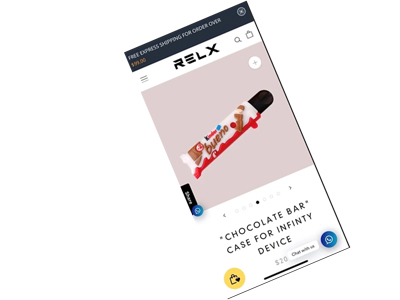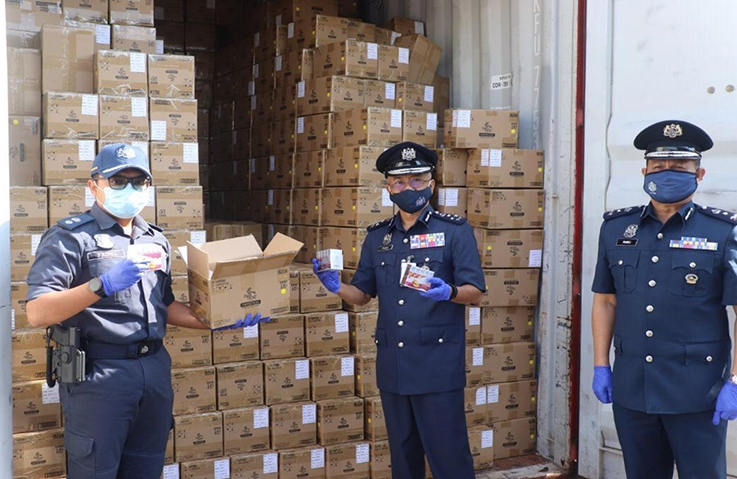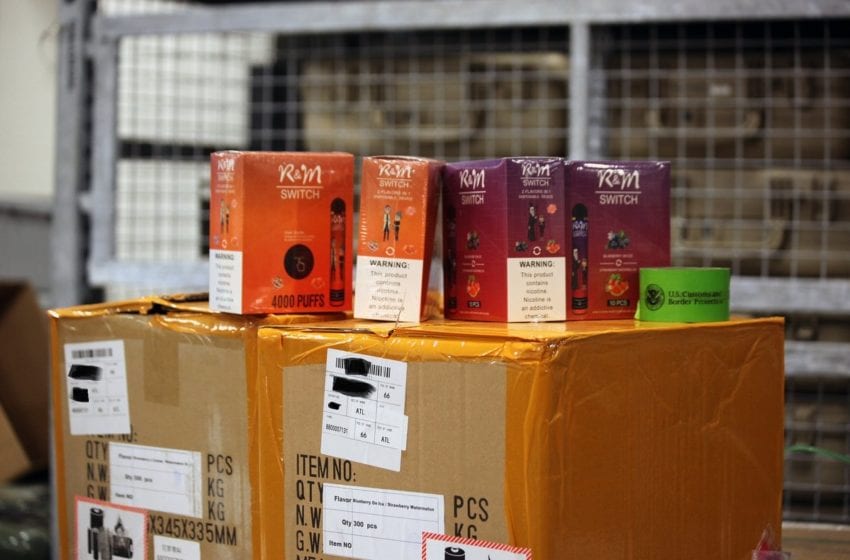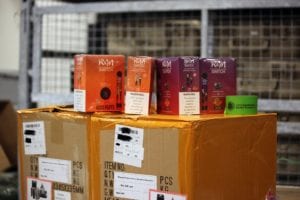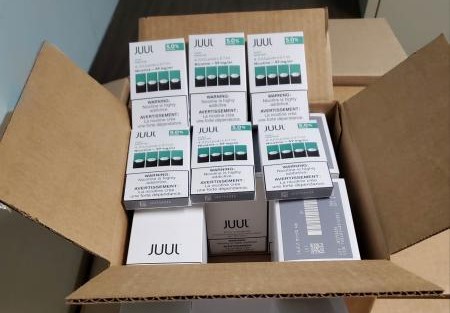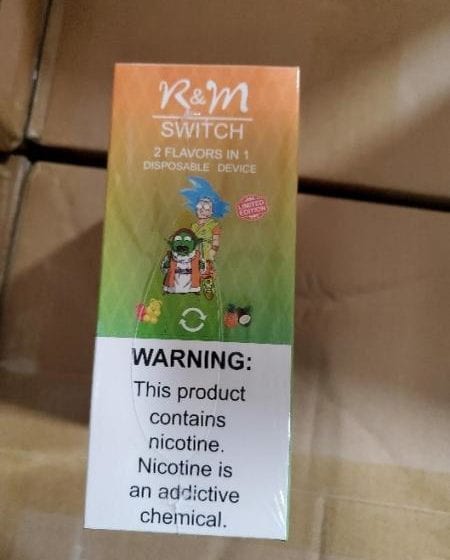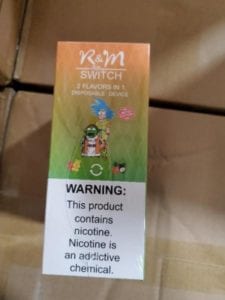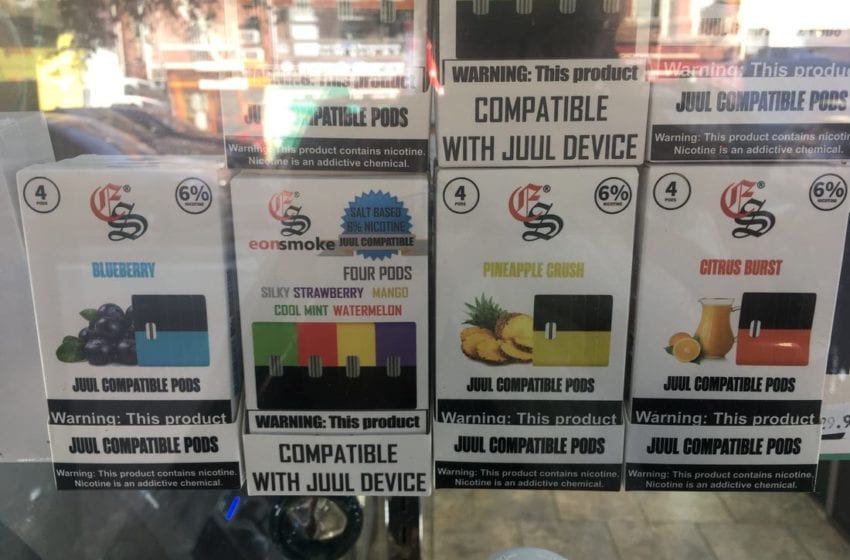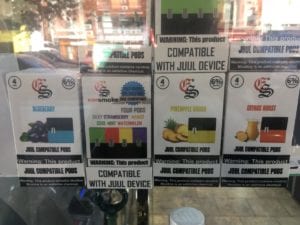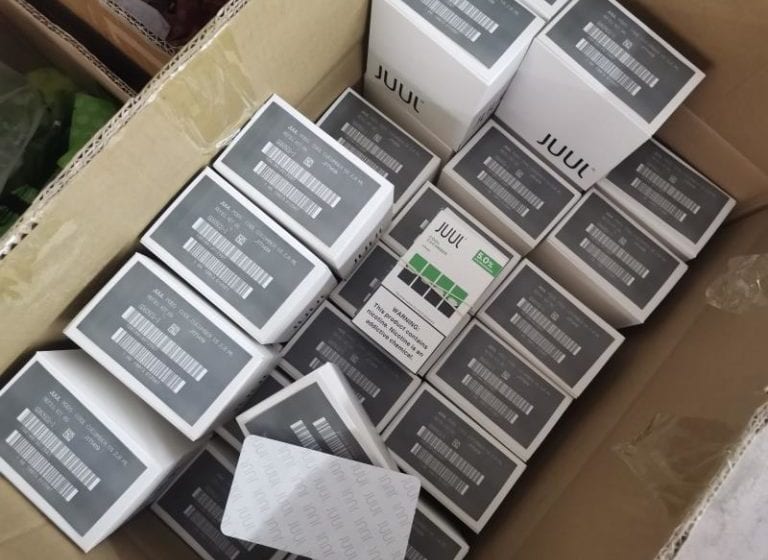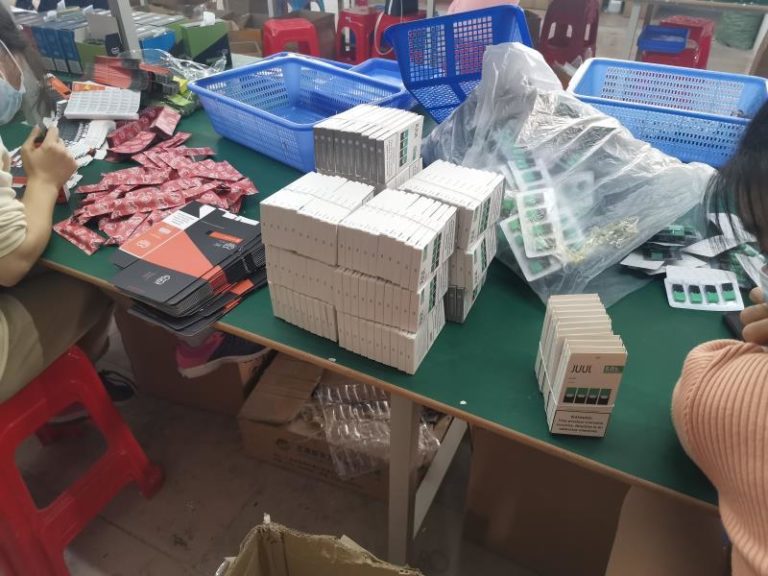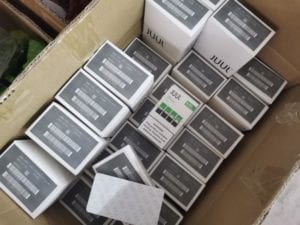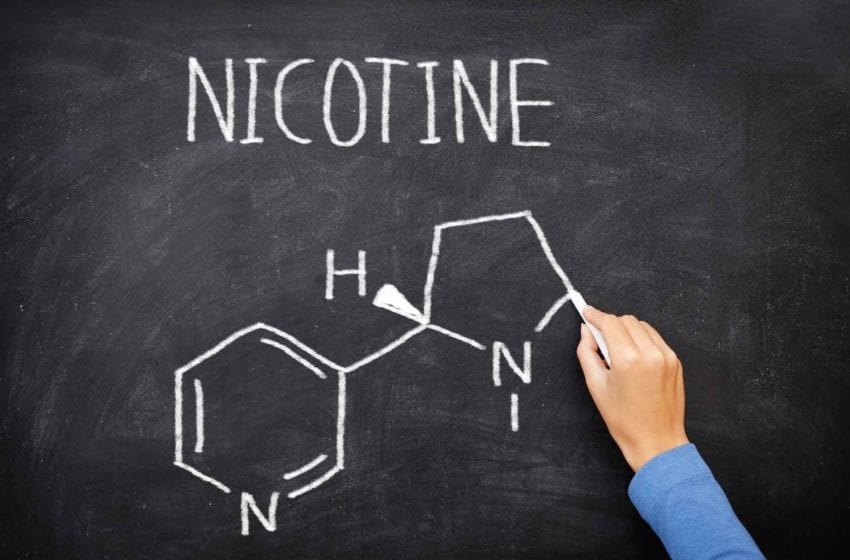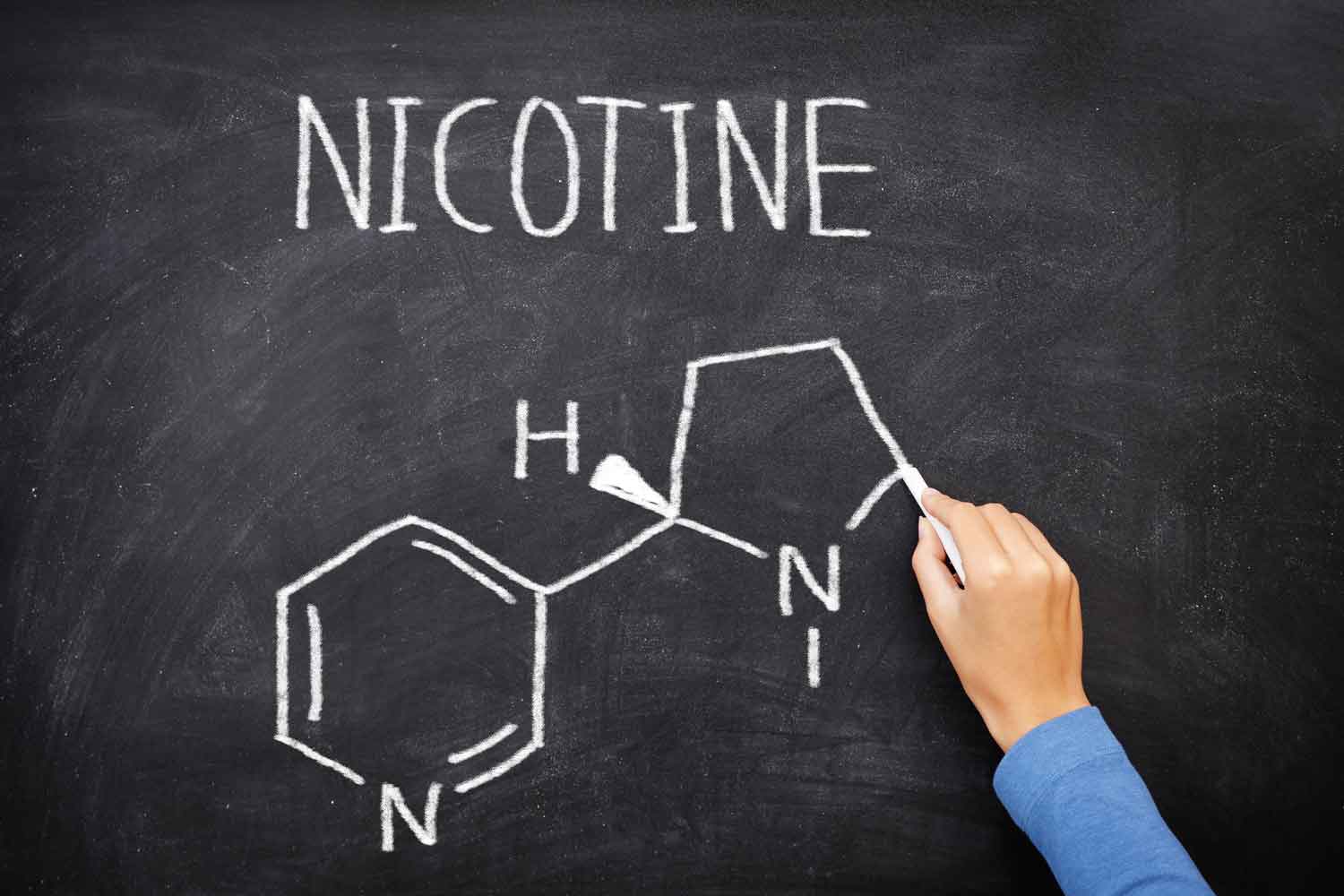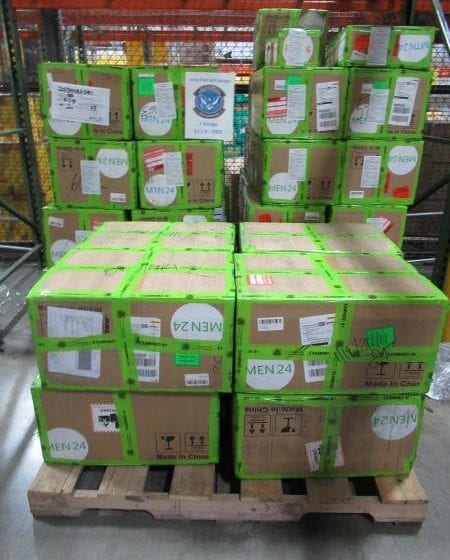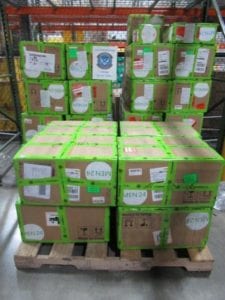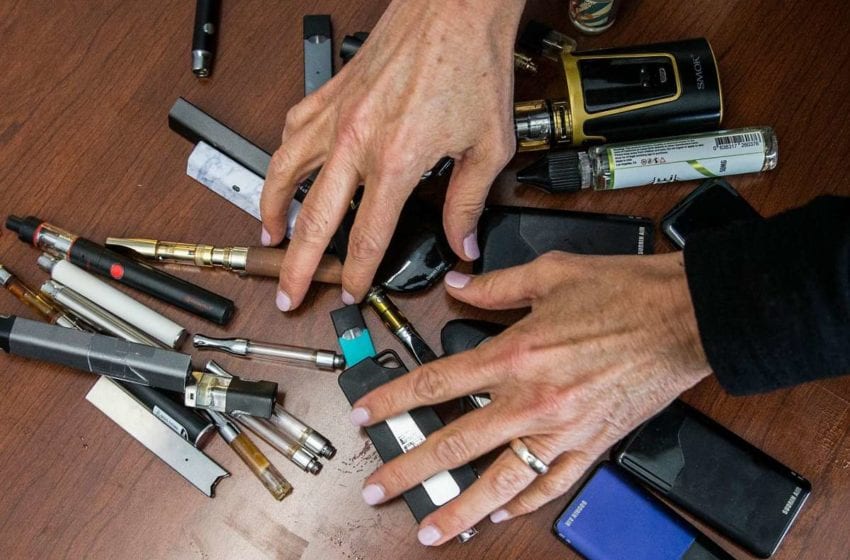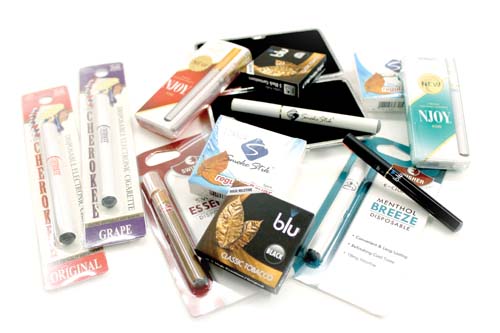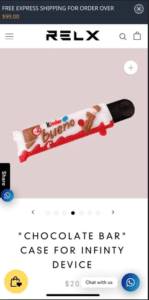
RELX International has warned consumers against purchasing its products through unofficial or unlicensed websites. “It has recently come to the attention of RELX International that a number of unlicensed persons or companies are attempting to profit off of the good and responsible reputation of the RELX brand in a number of markets, including Australia and Philippines,” the company stated in a press release.
“In addition to selling unlicensed and potentially fake products, these websites and social media channels have been disseminating a variety of unfounded claims about our products or e-cigarette products in general. RELX International only provides science-based information about our products and only sells products to adult smokers or vapers. Furthermore, RELX International never uses any cartoons or ‘kid-friendly’ images or videos in our branding.
“RELX International established the Golden Shield Program in 2019 to help prevent the production and sale of illicit e-cigarette goods such as those mentioned above. With the goal of safeguarding adult e-cigarette users’ right to access quality products, members of RELX International’s Golden Shield Program utilize large amounts of data and other technologies to track down illicit e-cigarette products sold online and offline. The Golden Shield team actively works with online social media platforms, online e-commerce platforms as well as Customs authorities to eliminate illicit vaping products from the market.
“The Golden Shield team has already helped authorities launch 28 criminal cases related to the illegal production and sale of illicit or copyright-infringing e-cigarette products. Over 77,000 websites and over 6,000 social media accounts have been taken down due to the Golden Shield team’s efforts, and 550,000 illicit products have been removed from the market.
“Moving forward we are committed to getting even more counterfeit products off the market.”
The release lists all the official RELX websites as well as provides an email address to confirm third-party websites that are selling authentic RELX products.

